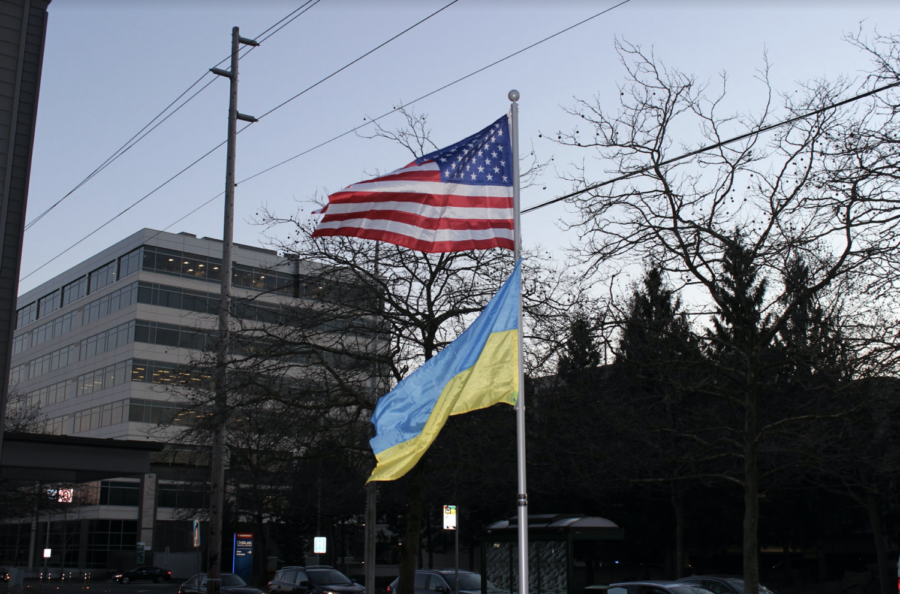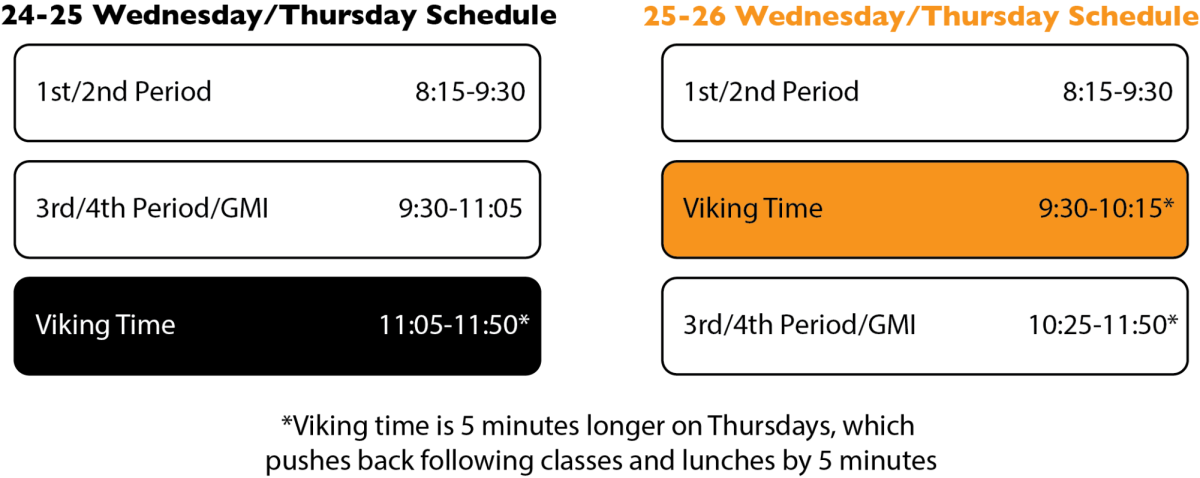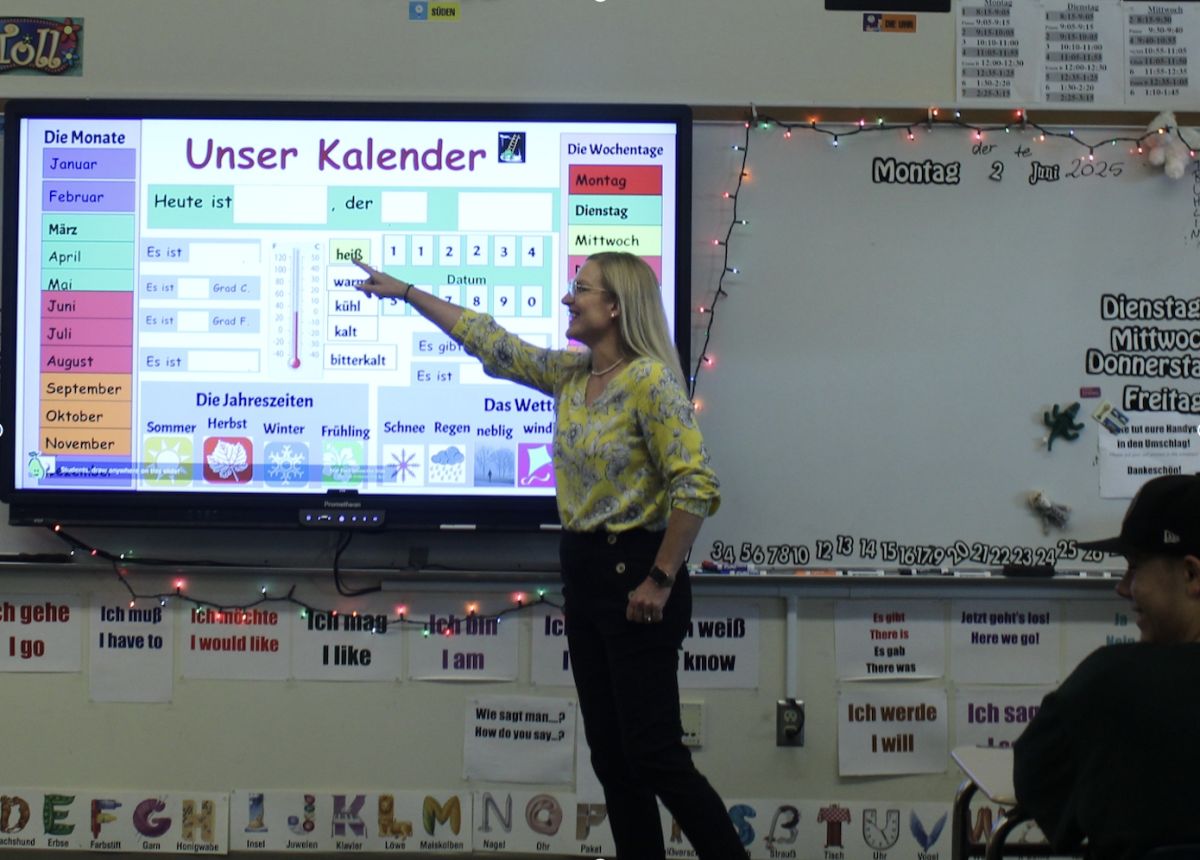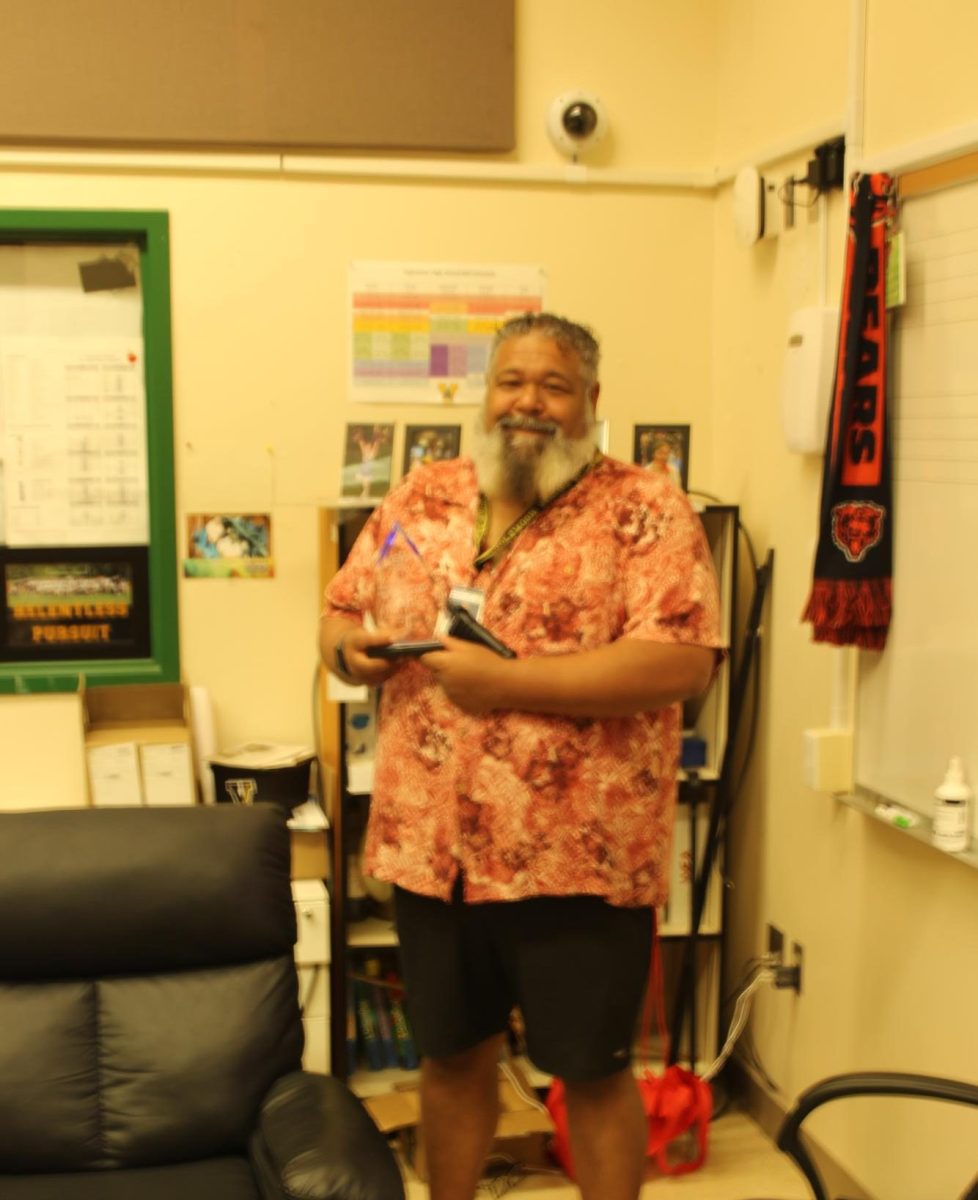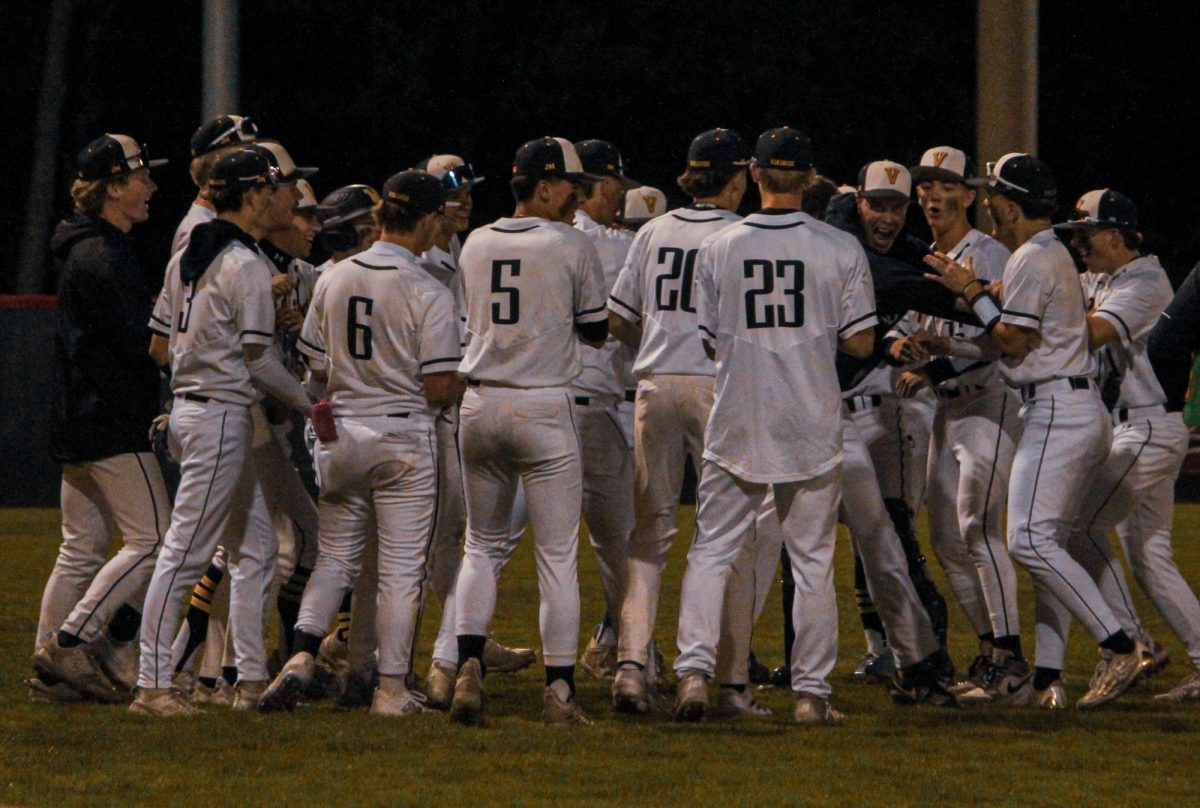On Feb. 24, Russia invaded Ukraine. The United Nations has estimated that more than 1.7 million refugees have since fled to Poland. On March 14, the UN High Commissioner for Human Rights estimated that more than 636 Ukrainian civilians had been killed; the majority were caused by explosive weapons, shelling from heavy artillery, multi-launch rocket systems and missile and air strikes. CBS News reported on March 10 that up to 6,000 Russian troops had been killed, and between 2,000 and 4,000 Ukrainian troops had been killed during the first two weeks of the war.
The president of Russia, Vladimir Putin, considers Ukraine as historically and culturally indistinguishable from Russia. Putin has said that the collapse of the Soviet Union was the “greatest geopolitical catastrophe of the century.” Putin believes that the position of Ukraine joining the North Atlantic Treaty Organization (NATO) — an alliance of countries created during the Cold War to ally against the Soviet Union — is unacceptable because it will compromise Russia’s territorial integrity. Putin has publicly said that he wants Ukraine to declare that it will never join NATO and recognize Crimea as a part of Russia and Donetsk and Luhansk — two regions in eastern Ukraine—as independent states.
“Russia’s demands might change as the war continues, maybe if Putin finds he can’t actually achieve all of his goals, he’ll settle for a second best goal, which could be just to cause a lot of destruction in Ukraine; set it back economically and politically, and just make it harder for that country to function,” said Associate Professor Scott Radnitz, who teaches Russian and Eurasian Studies in the Henry M. Jackson School of International Studies at the University of Washington, in an interview on March. 8 with Nordic News.
Ukraine and Russia have a long and turbulent history. Ukraine was part of the Soviet Union, the dominant socialist state in Eurasia for around 70 years. The state fell in 1991 and was divided into 15 independent countries. In 2014, Russia tried to salvage its lost influence in Ukraine and invaded and annexed Crimea, waging a war on Ukrainian territory that has been going on for the last seven years without resolution. Europe and the US wanted to avoid confrontation with Russia and were concerned about the economic impacts of enforcing aggressive sanctions. At an event attended by Nordic News, the Honorary Consul of Ukraine in Seattle, Valeriy Goloborodko, said that if in 2014 the world imposed the same sanctions they have in the past 2 weeks, then this large-scale war could have been avoided. Goloborodko said that Putin saw the European and US positions as weak and decided to start a full-scale attack on Ukraine.
“The countries that have implemented sanctions have essentially cut Russia off from the international economy and pushed it back to a state similar to how it was during the Soviet Union when it was cut off from the world,” said Radnitz. “The only major product that flows from Russia now out to the West is energy, oil and gas, but even as of today, Biden said that the US would no longer buy oil from Russia, even though other countries still will. So in short, sanctions are across the board and very substantial.”
Radnitz said that Americans are experiencing higher gas prices because the international energy market expects a future oil shortage. He said there is less supply, but the demand for oil is the same, meaning that the prices will rise. Radnitz added that Europe is still paying Russia for natural gas, but Europe and the US have cut off some Russian banks from completing transactions in the international trading system. This has made it impossible for the Russian Central Bank to use its reserves of currencies, like dollars and euros, to domestically strengthen the ruble — the currency used in Russia.
“Overnight, the purchasing power of ordinary Russians has collapsed. Life has become a lot more expensive to ordinary people. Russia is very reliant on imports and having a weaker ruble means that anything imported suddenly becomes a lot more expensive. Russians are also affected by the withdrawal of companies from around the world. Russians can no longer easily have access to consumer goods that they used to rely on, like computers and smartphones,” said Radnitz. “Because Russia doesn’t have as much hard currency to import food, Russians are going to have a lot less variety of food to choose from. And it’s going to lead to shortages and higher prices for the products that they can buy. In many different ways, the Russians’ situation has gotten much worse in a very short time.”
Despite aggressive sanctions on Russia, Radnitz said he thinks Putin will proceed with his war regardless of how much the Russian economy suffers. During the first few days of the invasion, the Russian military only targeted Ukrainian military targets. But Radnitz said that the Russian military has started to attack civilian areas. He said that it looks like Russia’s strategy is no longer to simply defeat Ukraine’s military, but instead to cause destruction and pain for ordinary Ukrainians so that they pressure their government to surrender to Russia. Since civilian lives are endangered, a Ukrainian refugee crisis has followed the invasion.
“There’s always a lot of factors that go into the decision to stay or go. Usually, the people who are most eager to leave are those who are more mobile. So younger and fit people and also people who have certain resources—that is, they have money they can bring with them,” said Radnitz. “The people who stay are older, less mobile and don’t have a lot of money. These are some of the main factors. In the first wave of refugees, I think people who have families or friends outside of Ukraine probably left first, and people who had no contacts outside of where they live probably remained. But as the bombings have become more intense, I think even more people who don’t have any contacts outside of Ukraine will decide to leave anyway.”
According to Goloborodko, Russian civilians are flooded with misinformation regarding the war and Putin’s propaganda. Goloborodko said that Putin has said that Ukraine threatened Russia. He said that the Russian army does not pick up their soldier’s dead bodies, leaving them in Ukraine because they do not want the people of Russia to talk about how many soldiers they have lost.
“We need to stop Russian misinformation in the United States and Europe. That can be done by banning Russian media in the United States and European countries,” said Goloborodko.
TikTok and Facebook have blocked Russian media outlets in the European Union. On March 9, the European Union sanctions demanded Google block Russian state media, like Sputnik and Russia Today. Companies like Google, TikTok and Facebook have started to add new policies about what is considered propaganda and violent hate speech on their platforms.
“I know that it can be seen as an attack on freedom of speech, but in reality, it’s not an attack on freedom of speech because they’re using this as a propaganda machine to brainwash people,” He added,
“In Russia right now, people can be in prison for up to fifteen years for talking about the war in Ukraine,” said Goloborodko. “We need to stop the spread of misinformation, Russian misinformation in the United States, that is something we can do to help stop Putin, and also that will help to give access to people that immigrated from Russia to honest information. And once they’ll have honest information here, they can bring it back to Russia.”
Despite the spread of misinformation and censorship in Russia, refugees and soldiers record horrific images and videos of the consequences of Putin’s assault on Ukraine.
“One of the Reddit posts we read in class the other day was a [Ukrainian] kid saying: ‘Well, I’m going to be given a gun, and I guess my choices are I can become a murderer? Or I can be dead.’” said IB Global Politics teacher Christopher McQueen. “That also reminds us that there are people in Syria who go through that, there are people in Israel and Gaza Strip who go through that. So I think the one thing I also would encourage people to do is look at how it is affecting the people, and particularly the children affected by war.”



